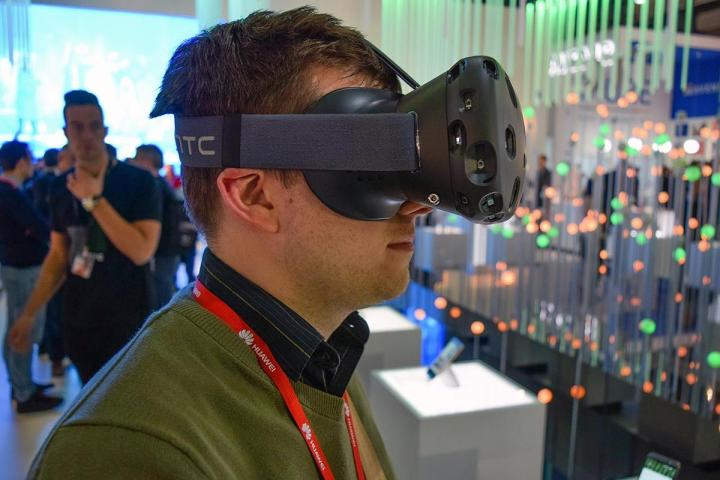
The news comes courtesy of a report in the Wall Street Journal. It says Google has a small team of engineers working on the project and that the tech firm is keen to make Android the default OS for virtual reality headsets. Right now, most headsets don’t run an on-board operating system of their own — instead they rely on code being run by a connected computer.
The WSJ says it has spoken to people “familiar with the situation” though Google has refused to make any comment. Given Google’s strategy of trying to get Android on every platform possible — from cars to television sets — it wouldn’t be a huge surprise if a virtual reality edition of Android was on the way too. It’s a good bet that if Android VR is in development, we’ll hear more about it at Google I/O later this year.
Facebook, Samsung, Valve, Microsoft and the other firms involved in the VR push are unlikely to get Google have everything their own way, though — and Apple has been filing patents in this area too. Over the course of this year the battle for control of VR software looks set to really begin in earnest, so it won’t just be your smartphone where you need to pick a side.

